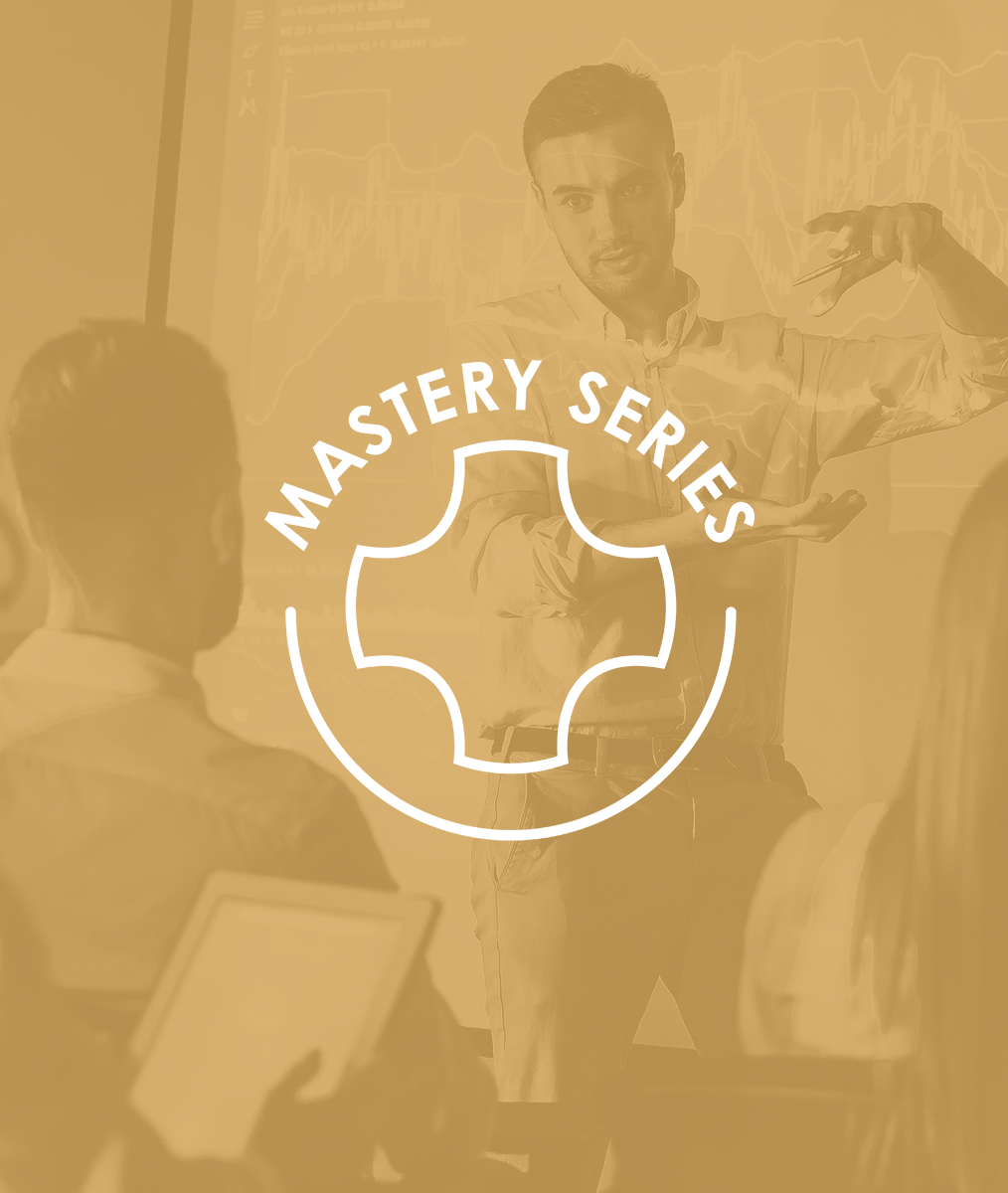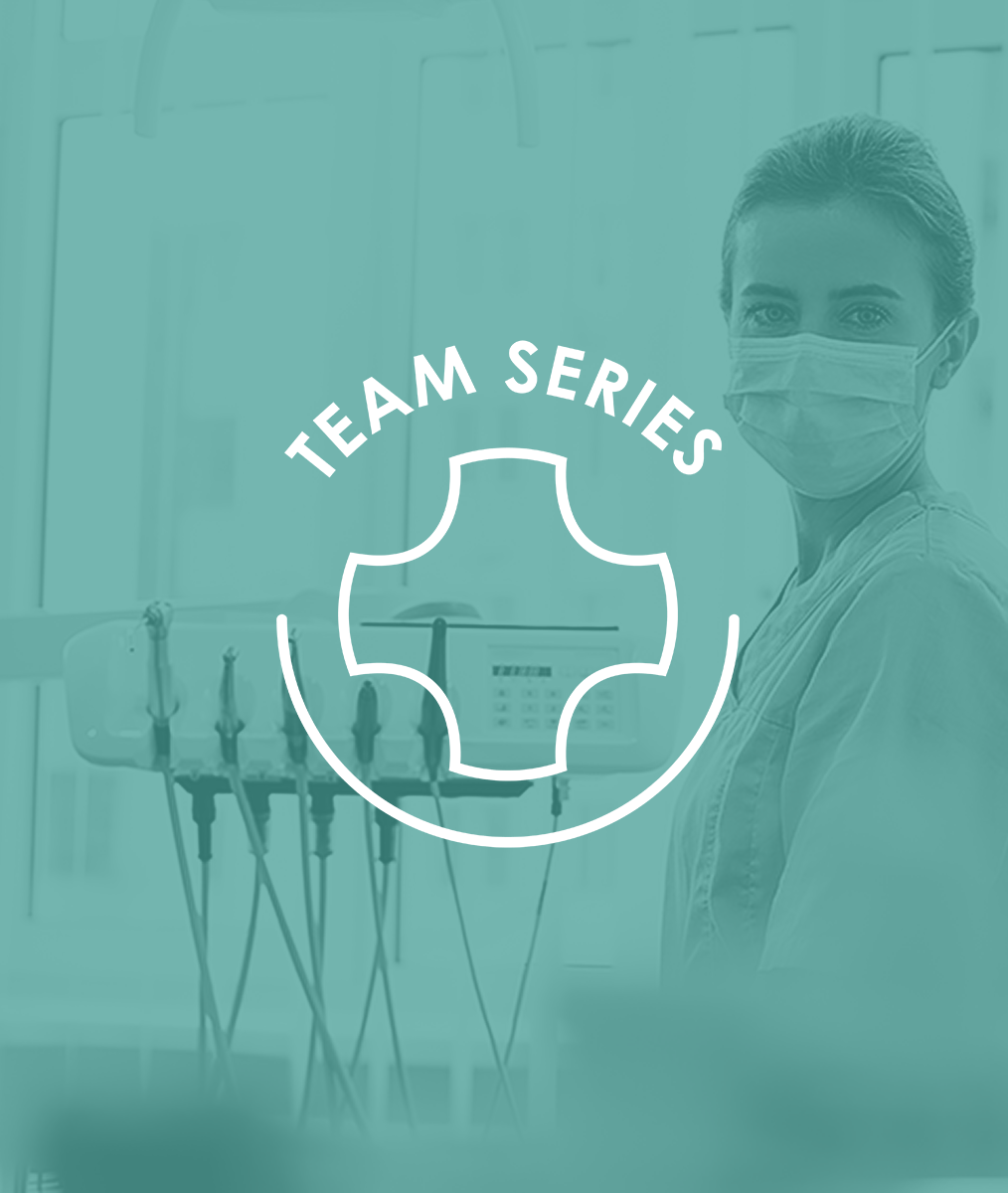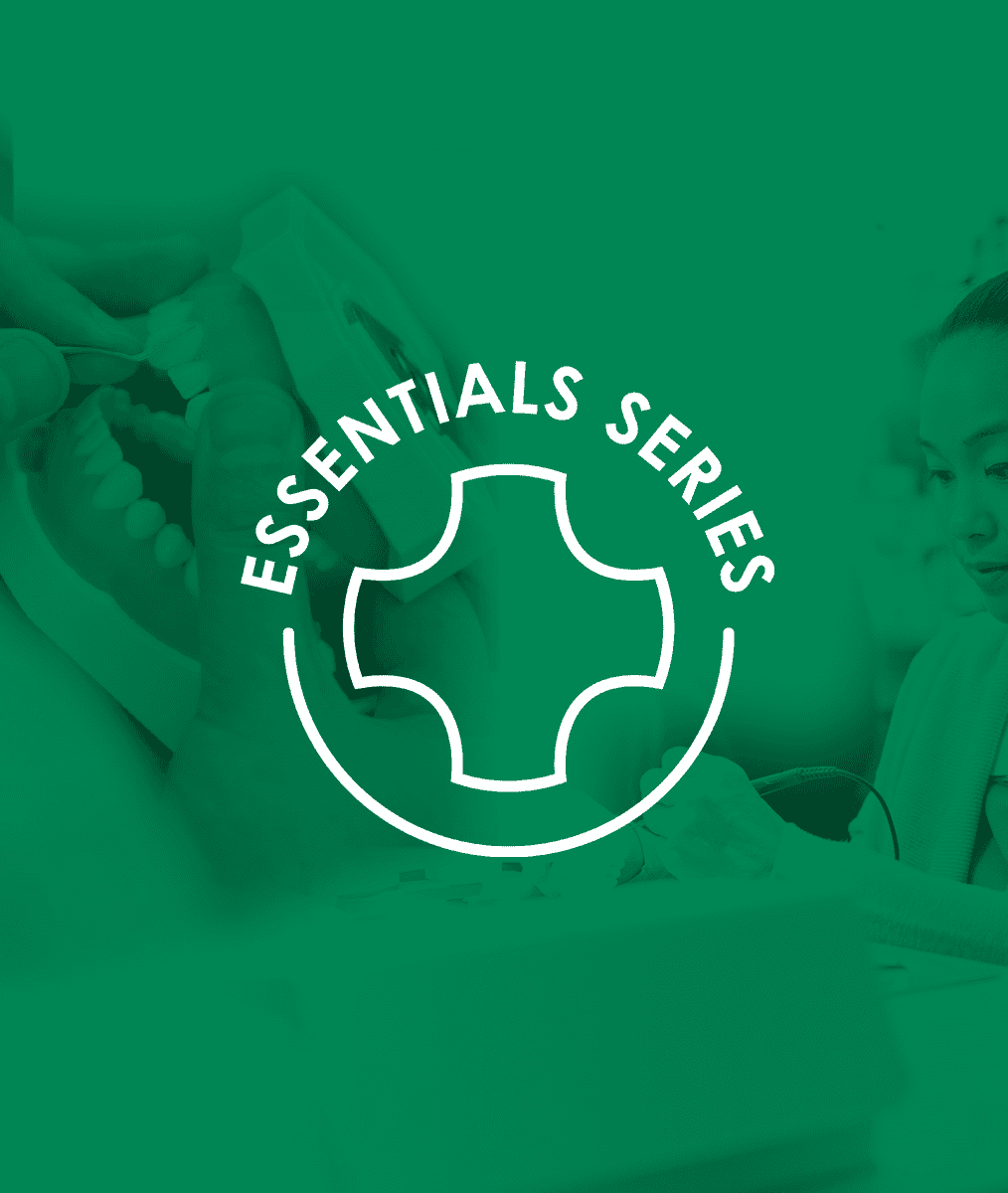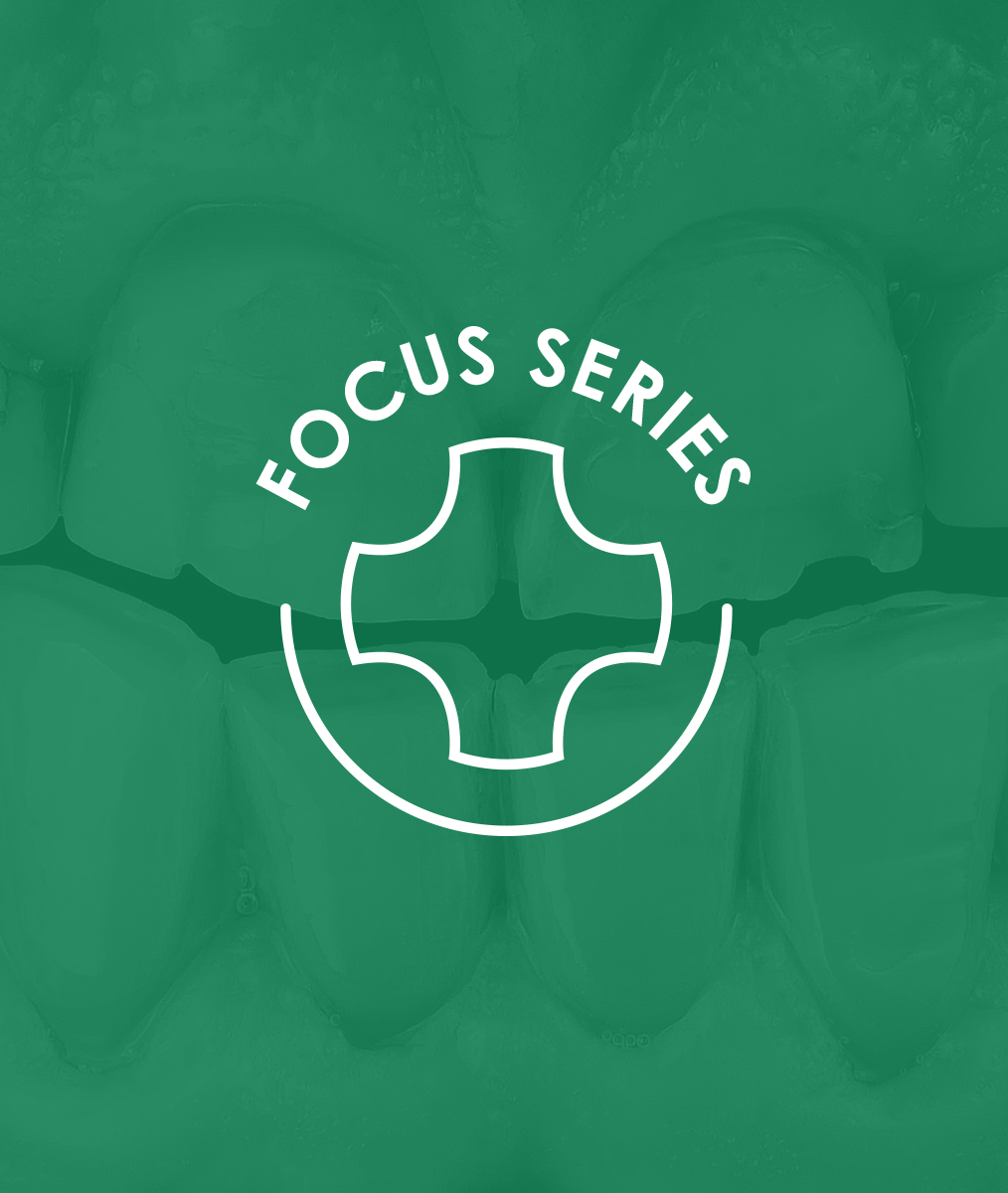The Antidote to My Pain
By Barry F. Polansky, DMD
An excerpt from Spare the knives…save the dental souls! published in Dental Economics, March 1, 2002
For many in our profession, the daily onslaught of difficult procedures, rejected treatment plans, assistants who just don’t get it, the end-of-the-month cash-flow crunch and other office “fires” can lead to a fate not unlike the victims of the Chinese torture.
The ancient Chinese employed a form of slow execution called “The Death of a Thousand Cuts” in which the victim was sliced repeatedly with a knife. Each individual wound was superficial and nonlethal, but the accumulation of hundreds of cuts proved fatal and caused much more pain and suffering than one sure stroke.
Henry David Thoreau said, “The mass of men lead lives of quiet desperation.” I’ve come to believe that, in dentistry, there are a higher proportion of people in that category than normal. We start our dental practices to give ourselves more life; yet, inevitably, our practices slowly suck up the lives we have.
Ironically, it wasn’t the dentistry that caused my distress. It was the “business” of dentistry that devoured my soul. All things being equal, I love the clinical side of my profession. But all the problems that confronted me in my practice—social, financial, and physical, during the normal day-to-day routine were overwhelming. The business of dentistry is hard! Unfortunately, I didn’t quite recognize that at first.
Like many people, I studied philosophy at college, enjoying the sense of order that a well-constructed framework of ideas could bring to an otherwise indecipherable argument or problem. So, when faced with such a myriad of problems in the early days of my practice, quite naturally, I began to search for a philosophy of dentistry that would help me make sense of the issues at play.
I looked to successful dentists to find my mentors, and, at the time, there were some great ones—Pankey, Dawson, Reed, Becker, Barkley. What I learned was a real eye-opener! I thought the antidote to my woes would be advanced clinical skills; however, these dental gurus were talking just as much about staff management, financial control, and the philosophy of running a business as they were about how to cut a great crown prep! I was surprised, but it made sense. I put these ideas into effect, and my practice turned the corner from that time on.
Related Course
Mastering Business Essentials
DATE: August 7 2025 @ 8:00 am - August 15 2025 @ 12:00 pmLocation: The Pankey Institute
CE HOURS: 22
Regular Tuition: $ 3295
Single Bed with Ensuite Bath: $ 345
The Blueprint for Running a Practice with Long-Term Growth Dr. Pankey’s original philosophy encouraged dental professionals to be proficient in 3 specific areas: technical mastery, behavioral excellence and business savvy….
Learn More>




















